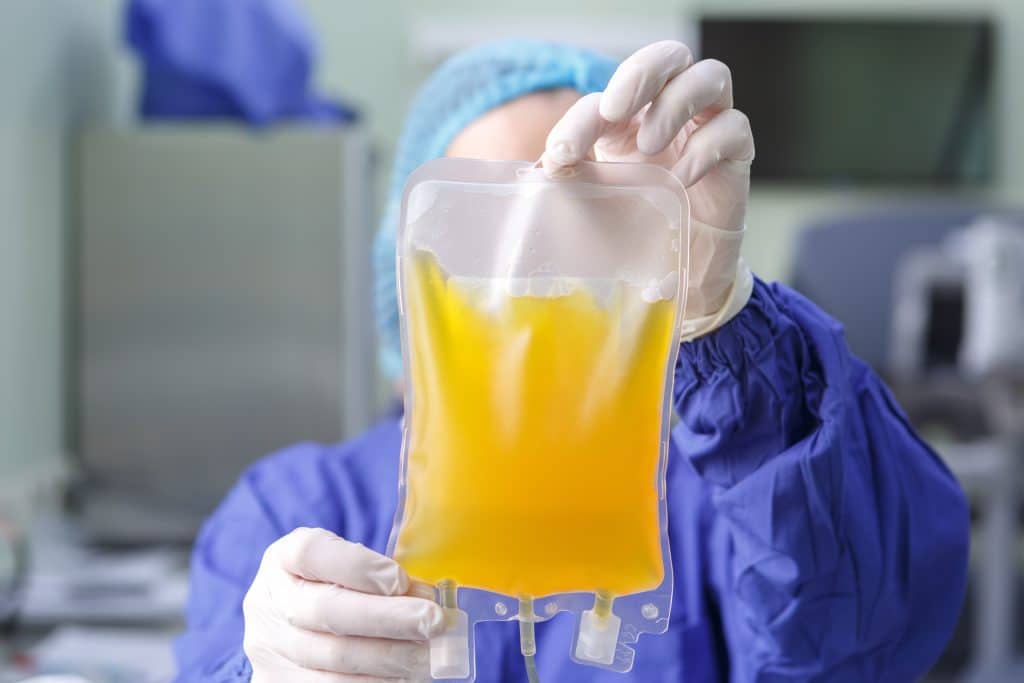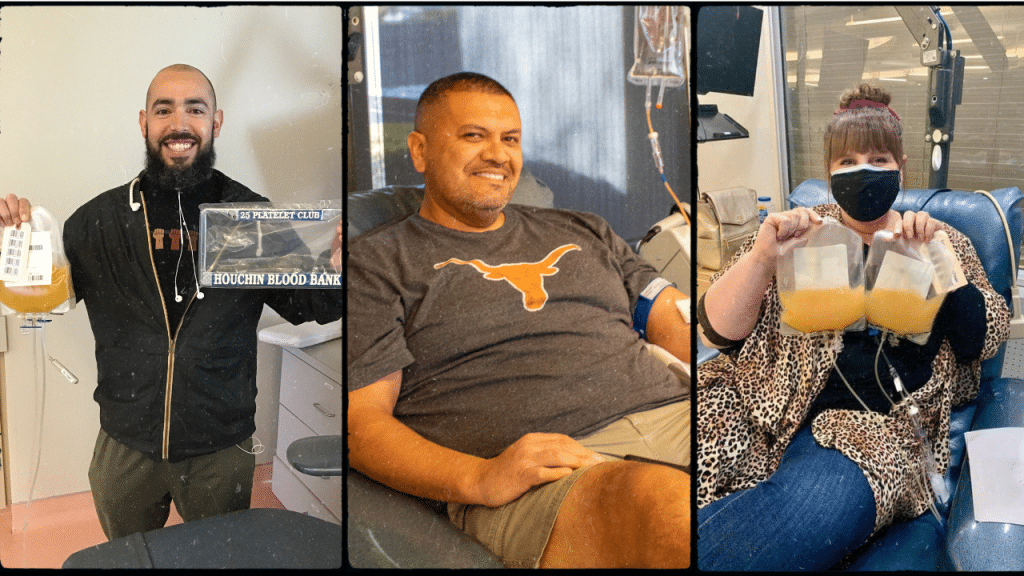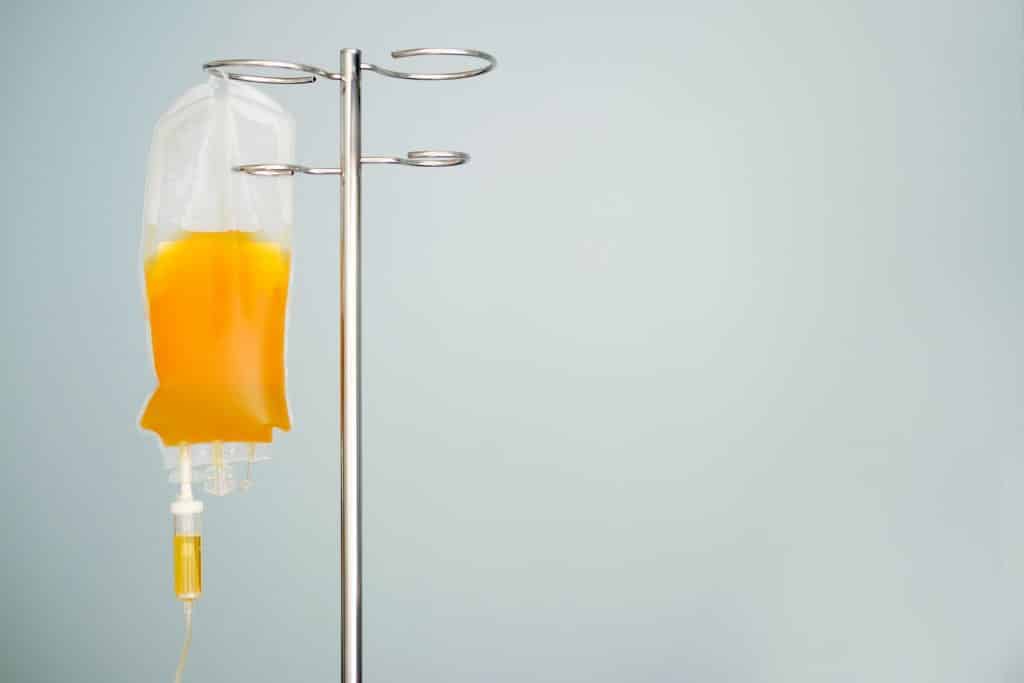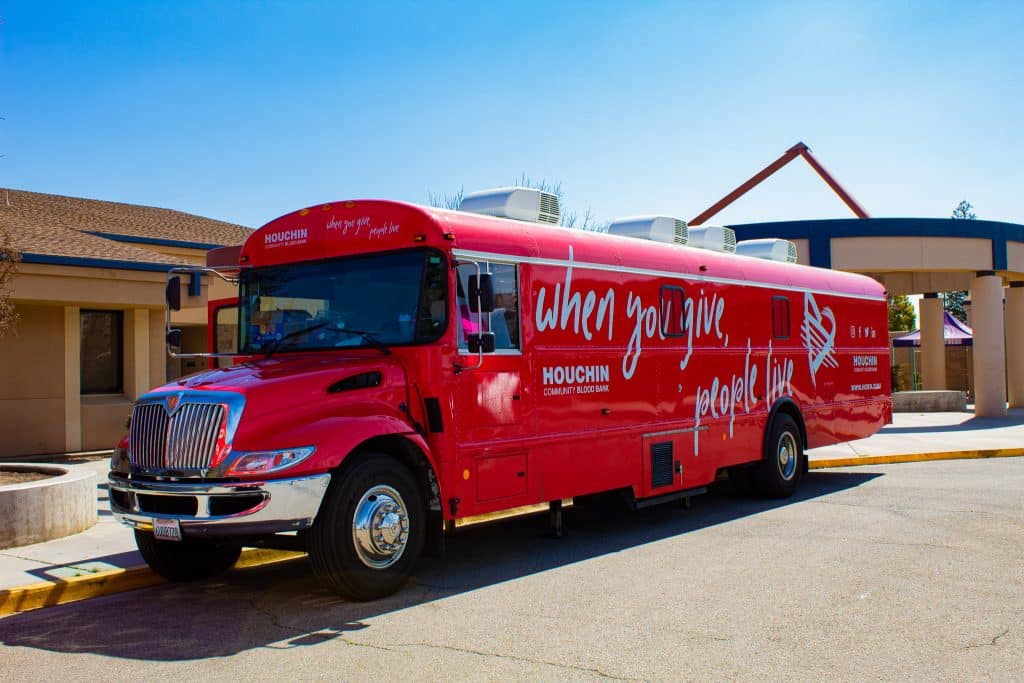
Who Can Donate Plasma: The Ultimate Guide to Plasma Donations
You may be wondering who can donate plasma, what it is, and how the process works. We will be covering all of that and more in this article.
What is blood plasma?
The liquid portion of blood that suspends various cells such as red blood cells, platelets, and other cells in our bloodstream is referred to as plasma. This particular blood constituent comprises numerous proteins and essential substances like electrolytes and clotting factors, which are vital for our body to function optimally.
A plasma donation is a noble act of giving a specific component of your blood to aid certain categories of patients. This act of generosity is especially crucial in aiding individuals who have suffered from severe burns and those battling clotting disorders. Without your lifesaving donation of plasma, patients in need of plasma go untreated. Plasma cannot be synthesized so donations from donors just like you are their direct line of hope.
Who is eligible to donate plasma?
- You must be 17 years of age or older, or 16 with parental consent ( You can download consent forms here English, Spanish)
- You must weigh at least 110 pounds
- You must be free from any flu or cold-like symptoms
- You must not be on antibiotics
For additional requirements, please refer to the donor eligibility steps that can be found on our Donor FAQ page
*Please note: Donors who were previously pregnant are tested for HLA antibodies as the presence of these antibodies could put a patient at risk for Transfusion-Related Acute Lung Injury (TRALI). As long as no HLA antibodies are present, you will be cleared to donate plasma.*
How can I prepare for donating plasma?
Here is a short list of best practices to prepare you for donating plasma:
- Have a well-balanced meal of protein, healthy carbs, and good fats 1-2 hours before donating.
- Practice good hydration by drinking an additional 16 ounces of water prior to donating.
- Fill out the donor questionnaire online before your appointment date.
- Bring headphones to listen to music, watch YouTube, or listen to a podcast.
- We also recommend a book or a magazine to keep you entertained as you donate
- We advise using the bathroom before your plasma donation as you will be in the donor chair for about 2 hours.
For a complete list of what to do to prepare for your donation, take a look at this detailed article.
What does the process for donating plasma look like?
- Registration: Bring your ID and check in with one of our team members when you arrive. You will be instructed to read our donor educational material and fill out the donor questionnaire. To make your donation appointment a breeze, fill out your donor questionnaire on the day of your scheduled appointment.
- Screening: When your name is called, you will be directed to one of our private screening rooms where a nurse/phlebotomist will ask you confidential health questions and perform a mini-physical (temperature, hemoglobin levels, blood pressure, etc)
- Donation: You’ll then be invited to a donor chair when you pass the health requirements. Once you are seated, the actual donation will take about 90 – 120 minutes
- Recovery: After your donation, you will be provided with snacks and refreshments to replenish your body while you relax for about 15 minutes in the canteen.
Are specific blood types encouraged to donate plasma?
Yes, the ideal blood types for plasma donations are donors with blood types AB+ and AB-. Donors with these blood types are called universal plasma donors because their plasma can go to any patient. That being said, all blood types are important and needed. Even if you are not AB+ or AB-, you can still donate plasma.
How do I donate plasma?
We highly recommend scheduling an appointment to donate plasma via our scheduling website portal. We also recommend filling out the donor questionnaire the same day you are scheduled to donate. The donor question can be found on our homepage at all times for ease of use. Once you have arrived at one of our donor centers, be sure to let our registrar know that you are donating plasma.
Does donating plasma/platelets hurt?
There are two parts to the process you will feel a slight pinch or what some donors call “a bee sting feeling.” The first part is during the screening process. A sample of your blood will be taken to check your hemoglobin (iron) levels. The second will be when the needle is gently put into your arm so the donation process can begin. We made a quick video on tips for donors who are afraid of needles.
Is donating plasma safe?
Donating plasma has been confirmed by the FDA to be a safe procedure. The specialized TRIMA machine and the process for donating plasma have been evaluated and tested for your safety. Our TRIMA machines are routinely tested and our phlebotomy staff is trained and tested to confirm all safety procedures are followed. All plastics and needles coming into contact with you are used once and discarded immediately after. At no time during the procedure is the blood being returned to you detached from the needle in your arm, so there is no risk of returning the wrong blood to you.
How is my plasma taken from my body?
Donating plasma is very similar to giving blood but with the help of a TRIMA machine. First, a needle is placed into a vein in your arm. Plasma is collected through a process called plasmapheresis and is conducted in cycles. The first step involves drawing whole blood from your arm and then the plasma in your blood is separated from the red blood cells and other cellular components. The red cells are then returned to your body with a sterile saline solution to help the body replace the plasma removed from the whole blood.
How long does it take to donate plasma/platelets?
Your plasma donation will take approximately 2 hours. We have personal TVs with free Netflix and Amazon Prime streaming and free WiFi. We recommend bringing something to read or headphones to listen to music or videos on your phone as well. If you ever need anything during the donation process, a friendly phlebotomist or nurse will be nearby to help you.
Who does my donated plasma go to after I donate?
We work closely with hospitals and care centers all across Kern and LA counties to ensure your plasma donations go directly to patients who have suffered severe burns and those battling clotting disorders. Your invaluable contribution through plasma donation can significantly accelerate the healing process for these patients, enabling them to attain a better quality of life sooner rather than later.
Does Houchin pay for plasma donations?
All blood, plasma, and platelet donations at Houchin are voluntary donations.
When can I donate plasma again?
You will be able to donate plasma again 4 weeks after your last plasma donation.
What is the best way to schedule my next donation appointment?
If you would like to schedule your next donation appointment, please visit us at www.hcbb.com/schedule


